This is the English translation of a Turkish language article that was originally published by AVİM on 3 October 2024.
The Organization of Turkic States (OTS), which emerged in 2009 under the name of the Cooperation Council of Turkish Speaking States and which acquired its current name in 2021,[1] was established with the aim of developing cooperation among Turkic states and increasing solidarity in many fields, especially in economic, commercial, scientific and technological fields, by using the unity of history, language, and culture in the relevant geography. OTS, which has been working effectively and organizing summits since its establishment, also has affiliated institutions. The International Organization of Turkic Culture (TURKSOY), Turkic Academy, Parliamentary Assembly of Turkic States (TURKPA), Turkish Culture and Heritage Foundation and Turkish Chamber of Commerce and Industry (TTSO) are the five affiliated institutions.[2] These institutions, each of which carries out important cultural, commercial, and scientific works for the Turkic world and the geography in question, have become an important part of the Organization today. OTS includes Azerbaijan, Türkiye, Kyrgyzstan, Uzbekistan, and Kazakhstan as member states, and Hungary, Turkmenistan, and the Turkish Republic of Northern Cyprus as observer states.
The importance of OTS can be understood even more concretely when one considers the geopolitical features of the geography in which it is located and the common language, history, and cultural background of the Organization’s member states. It can be seen from the relevant examples that international organizations are usually formed by the coming together of many different states that have no intangible ties with each other for purely economic, political, commercial, or scientific purposes. The intangible factor that distinguishes OTS from its counterparts, stemming from the unity of culture, language and history, makes it more reliable and stable as a whole. This intangible component, which is beneficial for both member and observer states, can sometimes be unfairly interpreted too broadly. The accusations of Panturkism and Turanism, especially after the geography of Turkic states began to bring forward a cooperative unity, are an example of this broad interpretation.
One of the concepts that is important regarding the existence of OTS is the “Turkic world”. This concept, which was formed through the accumulations that keep the geographies of Central Asia and Türkiye together linguistically, historically, and culturally, constitutes the basis for the claims of Turanism and Panturkism. What the concept of the Turkic world means for OTS and in general is not the de facto unification of the Turkic states, as in, them becoming a single state and pursuing an expansionist policy. On the contrary, the concept of the Turkic world is used to represent the development of cooperation mechanisms by independent and sovereign member states through utilizing their common knowledge in many fields such as trade, energy, education, art, culture, etc. This can be easily understood by looking at the summit declarations and workshops organized by OTS.
The concept of “Turan” used in the context of OTS, rather than a political ideal, refers to the historical ties of peoples who share a common past. In 2024, with the ninth Great Hun Turkic Congress held in Hungary, these historical ties were reinforced and the Turkic world and its traditions were evoked through various activities in the minds of Turkic communities that are considered “fraternal”. The congress included sporting activities and entertainment, and no political implication was made.[3] Indeed, in the history of OTS events and summits, it is not possible to come across the use of the “Turan” concept in a way that implies an expansionist or aggressive ideal.
As mentioned before, the purpose of OTS is to enable Turkic states to form an efficient cooperation mechanism in areas such as politics, economy, migration, art, education, trade, agriculture, and space. It is unfair to view this cooperation mechanism, which is no different from any other international organization except for its intangible feature, as a political union established solely for cynical purposes. Looking at its past and planned activities, there is no activity or statement that gives the impression that OTS will pose a threat to the region or the world. Additionally, the unfair accusations made against an international organization that has been working actively and effectively since 2009 for the welfare of the region are discouraging for communities around in the world who wish to cooperate based on their common experiences.
In conclusion, the Organization of Turkic States is an international organization in terms of its emergence, branches, and activities. This is how the Organization is perceived by the geography in question and the countries in this geography. In the international arena, an international organization that acts in the best interests of countries with a common background in a certain geography can only benefit rather than pose a threat to the world. The claims of Turanism and Panturkism -viewed as political machinations- that are directed against OTS, on the other hand, do not reflect the reality and constitute attempts to undermine the prosperity and unity of the region.
*Image: 21st Century Türkiye Institute
© 2009-2025 Center for Eurasian Studies (AVİM) All Rights Reserved

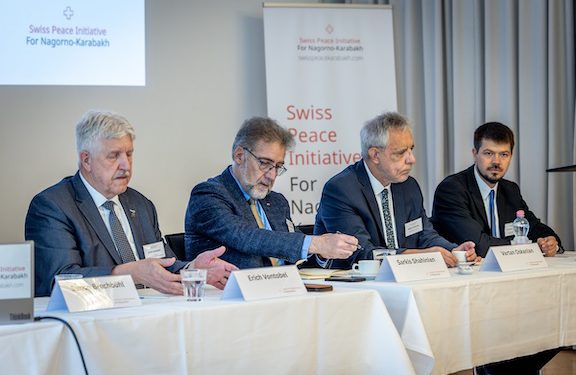 SWITZERLAND'S BIASED STANCE AND ITS HARMFUL EFFECTS ON PEACE EFFORTS - 2
SWITZERLAND'S BIASED STANCE AND ITS HARMFUL EFFECTS ON PEACE EFFORTS - 2
 THE ORGANIZATION OF TURKIC STATES AND THE CLAIMS OF TURANISM AND PANTURKISM
THE ORGANIZATION OF TURKIC STATES AND THE CLAIMS OF TURANISM AND PANTURKISM
 THE EU'S REFUGEE POLICY IN LIGHT OF VON DER LEYEN'S VISIT TO EGYPT AND THE CASE OF RWANDA
THE EU'S REFUGEE POLICY IN LIGHT OF VON DER LEYEN'S VISIT TO EGYPT AND THE CASE OF RWANDA
 GERMANY'S CONTRADICTORY STANCE ON THE GAZA ISSUE
GERMANY'S CONTRADICTORY STANCE ON THE GAZA ISSUE
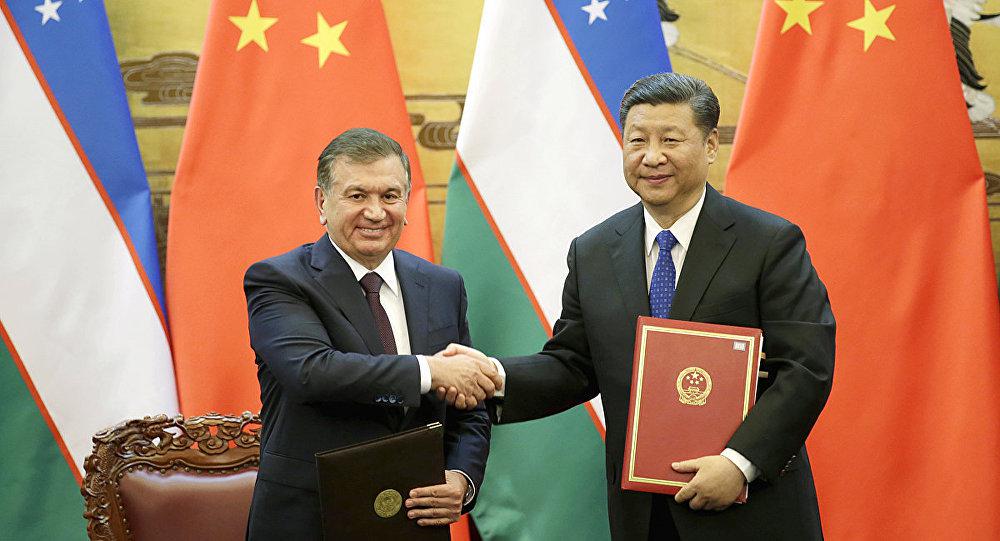 AN EVALUATION OF THE STRATEGIC AGREEMENT BETWEEN CHINA AND UZBEKISTAN
AN EVALUATION OF THE STRATEGIC AGREEMENT BETWEEN CHINA AND UZBEKISTAN
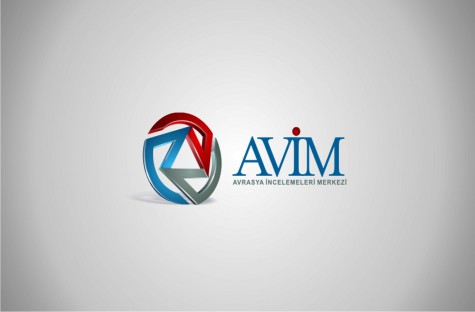 WHERE DOES FRANCE STAND ON ARMENIAN ALLEGATIONS?
WHERE DOES FRANCE STAND ON ARMENIAN ALLEGATIONS?
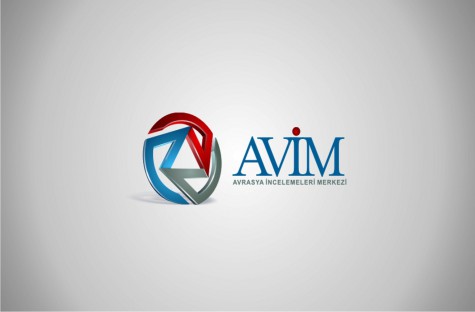 Center for Eurasian Studies and Konrad Adenauer organized
Center for Eurasian Studies and Konrad Adenauer organized
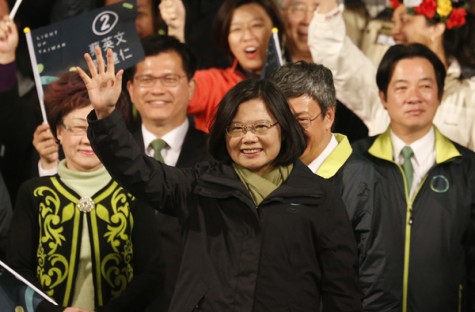 TAIWAN’S POLITICAL TURN: TSAI ING-WEN’S ELECTED AS THE PRESIDENT OF THE REPUBLIC OF CHINA
TAIWAN’S POLITICAL TURN: TSAI ING-WEN’S ELECTED AS THE PRESIDENT OF THE REPUBLIC OF CHINA




























